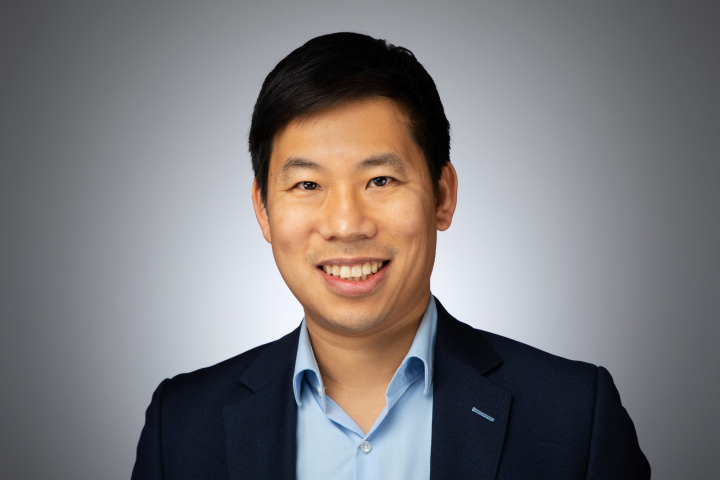
What was your route into the profession?
My parents, who emigrated from Hong Kong in 1972, had sacrificed a great deal and, while I had a free choice, stability was their aspiration. That’s a snippet I want to share because the struggle to balance familial duty with personal ambition is a dilemma for many. Consequently, I read law at university.
However, it was during my MBA that I came around to the idea of a legal career. My Master’s dissertation, which explored merger strategies in law firms, opened my eyes. I’d have preferred a more palpably creative vocation, but conversations with law firm leaders as part of my research showed me that there was plenty of imagination in law. That realisation led me to complete the Legal Practice Course and begin training at a firm that later became part of HCR.
What has been your biggest career challenge so far?
The day I stepped into my first leadership role, the mood changed. The friendships I'd shared with my team vanished; it was as if Johnny Torrio had left me the keys. A lawyer is taught to master their craft, not to lead others. It wasn’t personal but the initial isolation was stark; I’d notice my colleagues slip away to lunch together as I pored over my spreadsheets.
What I discovered was that leadership isn't about having all the answers, but asking questions and listening intently. With open dialogue, we wrote better strategies together and rebuilt our trust. And, crucially, they invited me back to join them at Ciao Bella.
Which person within the legal profession inspires you most?
My inspiration comes from countless people, so it feels unfair to single out one or two. You attract the qualities you embody. When you support your team and prioritise their wellbeing, they reciprocate with trust. That same philosophy extends to other professional interactions. As an old boss once told me about management: ‘You can’t open people’s doors every once in a while just to throw s*** at them.’
If you weren’t a lawyer, what would you choose as an alternate career?
A journalist. As potential proof that I’m adopted, I can't draw a thing despite coming from a line of talented artists. However, I can write. In an age when newspapers have endured steep declines, there remains deep satisfaction in discovering exceptional feature writing and incisive opinion; quality journalism is worth every penny.
Who is your favourite fictional lawyer?
I can’t resist a nod to The Good Fight, the sharpest legal and political satire on TV that no one in the UK appears to have watched. But since we’re talking individuals, I’ll plump for Billy McBride from the show Goliath, played by the estimable Billy Bob Thornton. He’s a former Biglaw co-founder who, after severe personal tragedy, finds his purpose as a sole practitioner taking on moral causes against well‑resourced opponents. He’s flawed and wrestling with demons, but his struggle underscores a timeless point: courts and their juries can be a great equaliser for those in the right, whatever their means.
What change would you make to the profession?
A sometimes-underappreciated quality of the legal profession is the way in which law firms and barristers are regulated, which is what creates and upholds the public’s trust in the work they perform. They’re required to meet certain standards set by the respective regulators, but it matters personally, too, to the majority of us as to how we conduct ourselves in our work.
It can’t be a case of win at all costs—certainly not at the cost of imperiling the public’s confidence in us, which can be a challenge when legal services are rapidly evolving. Professional ethics remains core to our values and our continual training, while regulation delivers the safety net to allow the public to retain confidence in using paid legal advisers. This backstop is important in the justice system and something we ought to actively uphold. The subjects of professional ethics and misconduct are ones that the City of London Law Society and others continue to give tremendous thought to, and rightly so.
How do you relax?
You'll find me cycling, with my head in a novel or walking the dog, who’s in his golden years. I’m the person to have in your pub quiz team for the sports round. Outside of work, I’ve a soft spot for trying new things, particularly if they come with a hint of fear. My latest experiment is learning to ride a motorbike.
Francis Ho is a partner at Charles Russell Speechlys. He specialises in construction law and became Chair of the Construction Law Committee of the City of London Law Society in September 2025.








